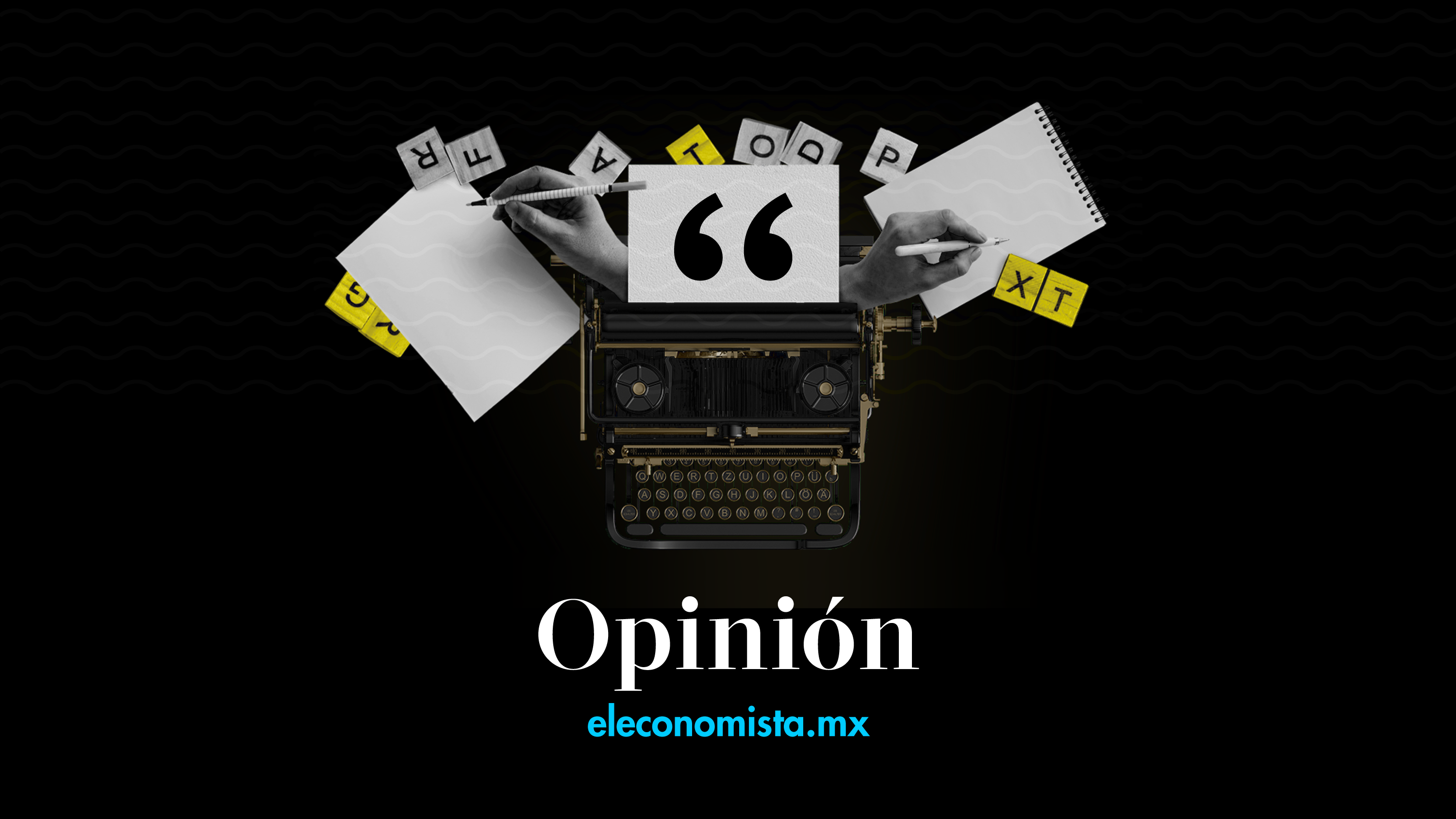What will happen at the Ninth Summit of the Americas?

From June 6-10, the Ninth Summit of the Americas will be held in Los Angeles, United States. Since its first edition in 1994, the event has been aimed at promoting the adoption of a continental agenda in areas as diverse as trade, economics, human rights, poverty alleviation and environmental sustainability, among others.
The Summit of the Americas left unforgettable moments: from Bill Clinton’s enthusiasm during the declaration of the Free Trade Area of the Americas (the eventual failure), through the demonstrations against the same project (Mar del Plata, Argentina, 2005), or the notorious annoyance of Donald Trump’s absence from the version The last of the summit, in Lima, Peru in 2018.
Aside from anecdotes, unfortunately, the Summit of the Americas did not work out as well as we would like, and the upcoming version probably won’t be very different, for three reasons: the geopolitical context in which the event will take place, the agenda of topics to be discussed and countries that may be absent.
First, we must remember the context in which the summit will take place. For President Joe Biden, it’s essential to have something he can show as an accomplishment for his foreign policy toward Latin America, which has actually been very limited, given the problems the United States has faced in Europe and Asia. This contrasts with the greater efforts that China is making to get closer to Latin America.
Likewise, an event that serves as a showcase for the US agenda will not be well received in Latin America. Nor would it be useful for the meeting’s substantive discussion to address those issues that are a clear priority for the United States (migration and the environment) without offering anything in areas such as trade and cooperation for development. It is not clear whether the United States is willing to discuss these issues in the depth that Latin American countries want.
In the end, there is the issue of the participants. Previous summit declarations have made emphatic reference to issues relating to democracy. In fact, according to the Organization of American States (OAS), “Democracy has always been a major topic at summits.” [….] Including building a democratic hemisphere society, maintaining and strengthening democratic order, good governance, and the interrelationship between democracy and social and economic issues.”
It follows from the foregoing that Cuba, Nicaragua, and Venezuela were not invited to the meeting, due to the nature of their governments; But the participation of these countries was limited to two special invitations. Indeed, at the 2018 summit held in Lima, Nicolás Maduro was withdrawn from the call to grant those places to Venezuelan dissidents. For this reason, it is still somewhat surprising that a number of countries now say that if not all the countries of the hemisphere are invited, their leaders will not attend.
But far from the fuss, this could cause trouble for the United States if the other big countries didn’t come to Los Angeles. If significant absences are confirmed, a domino effect will injure US leadership. However, I very much doubt that the position of the United States will change in this regard.
Regardless of the above, I am in no way suggesting that these events are useless or should be cancelled. It represents an unparalleled opportunity to endorse alliances, advance on subregional and bilateral issues, and bring dynamism to other issues that are sometimes not high on the agenda. We just have to be clear that there is no meeting of leaders that will solve the problems we have.
Mexico has to be very strategic about how they handle this event. The undeniable fact is that although our soul may be Latin America, the center of gravity of our economy is in the United States. Therefore, the support of our main partner, with whom we share an extensive agenda on any topic we can think of, should be a priority.
*The author is an academic from Pan American University. Prior to that, he advanced his twenty-year career in the federal government in international trade negotiations..
Twitter: Tweet embed
academic
landing strips
Juan Carlos Becker is an academic at the University of Pan Americana. He worked for twenty years in the Ministry of Economy, as an agent for international trade negotiations, heading it between 2016 and 2018.

“Award-winning zombie scholar. Music practitioner. Food expert. Troublemaker.”









